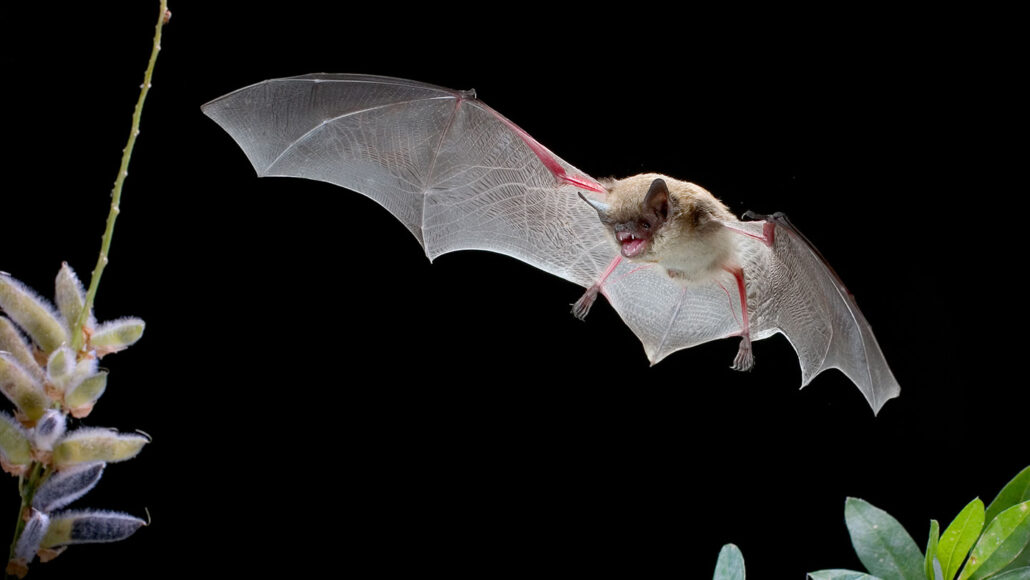
Life
Has the Endangered Species Act saved species from extinction?
After 50 years, this landmark law has kept many species alive — but few wild populations have recovered enough to come off the “endangered” list.
Come explore with us!

After 50 years, this landmark law has kept many species alive — but few wild populations have recovered enough to come off the “endangered” list.
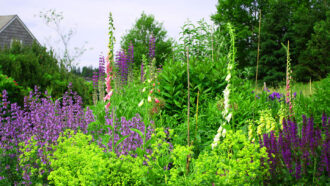
Replacing grass with native plants uses less water and fewer chemicals while providing additional benefits to people and wildlife.
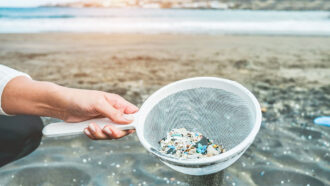
The tiny plastic bits give these germs safe havens. That protection seems to increase as the plastic ages and breaks into ever smaller pieces.
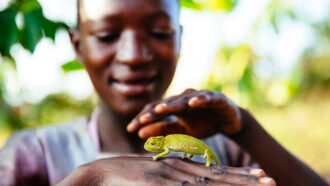
But the same thing is not happening throughout the kingdom. For instance, more than half of vertebrate populations are stable or increasing.
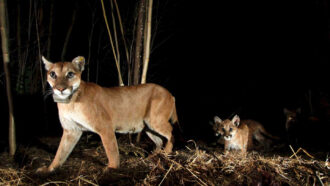
After an intense burn in 2018 in California, big cats in the region crossed roads more often. That put them at higher risk of becoming roadkill.
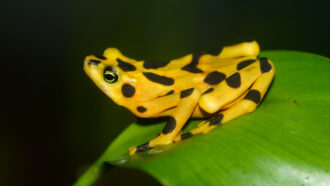
Amphibian deaths from a fungal disease may have led to more mosquitoes — and an increase in malaria cases in Costa Rica and Panama.
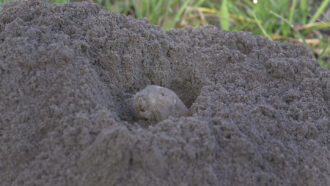
Pocket gophers air out and fertilize the soil in a way that amounts to simple farming, two researchers claim. But not everyone agrees.
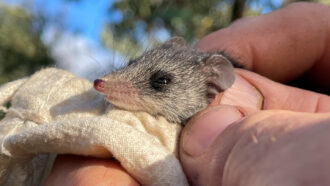
After surviving Australian bushfires, the Kangaroo Island dunnart is losing ground as it's targeted by hungry predators.
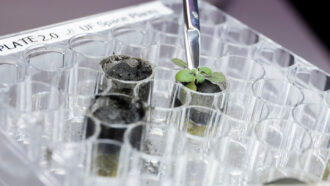
This tiny garden shows farming on the moon may be difficult, although not impossible.
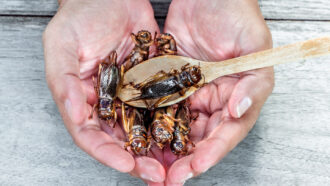
Crickets are great sources of protein, but they often kill each other in captivity. Green light could help solve the problem, two teens find.